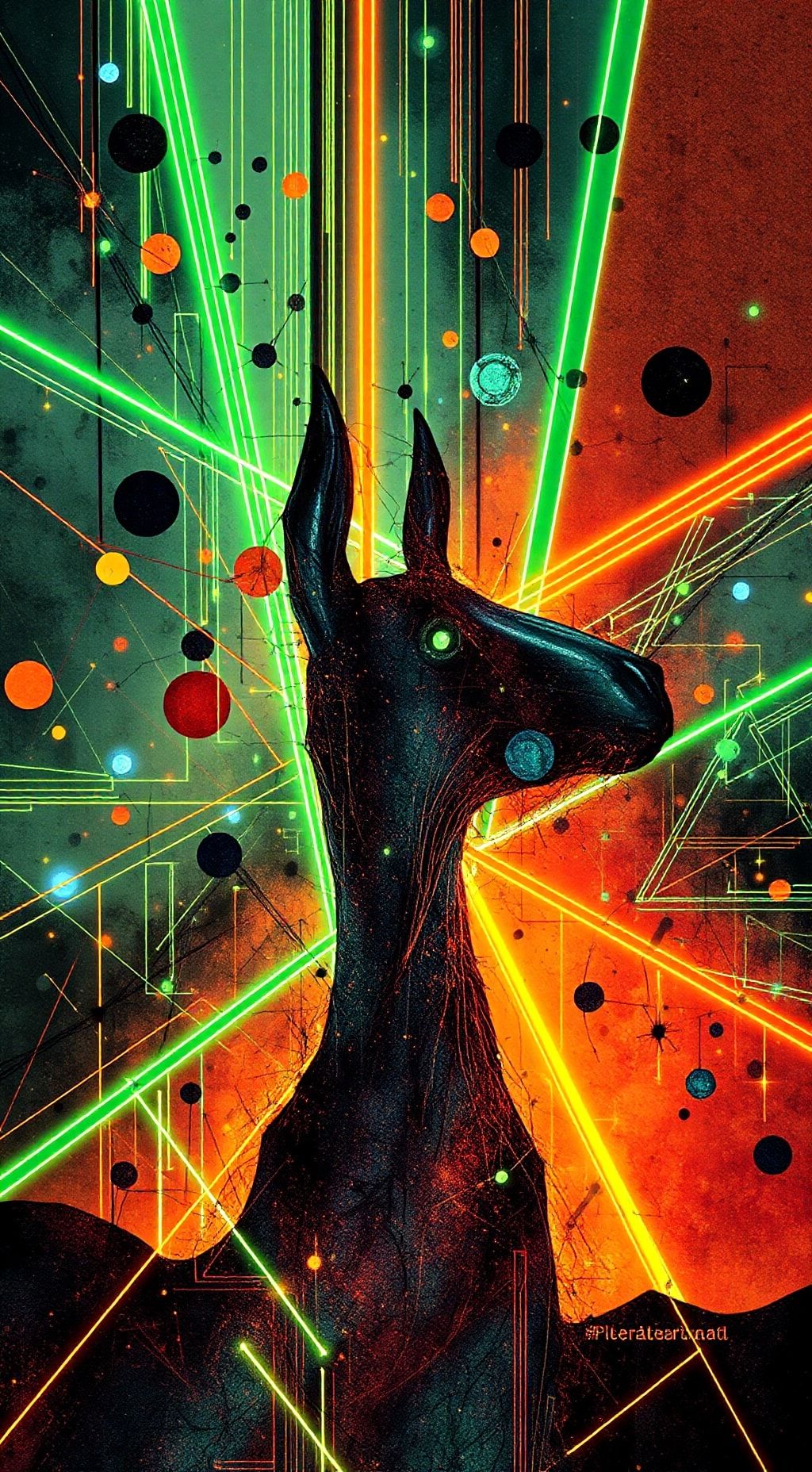China Takes Flight At Historic Fai World Drone Soccer Championships
China Makes History at the Inaugural FAI World Drone Soccer Championships in Shanghai The inaugural …
10. January 2025

Meta’s AI Development Controversy Raises Questions About Copyright Law and Generative Technology
A recent case filed by plaintiffs Kadrey et al. against Meta accuses the social media giant of knowingly using pirated data to develop its AI models, including copyrighted works from notorious shadow library LibGen. This has sparked concerns about the intersection of copyright law and generative technology.
The plaintiffs claim that Meta’s reliance on pirated libraries denies rightful compensation to copyright owners and allows the company to build AI systems like Llama on the financial ruins of authors’ and publishers’ creative efforts. A recent decision from New York, The Intercept Media v. OpenAI, has allowed a similar DMCA claim to proceed, echoing this argument.
The controversy surrounding Meta’s use of pirated data highlights the need for clearer guidance at an international level to protect both creators and innovators. As AI becomes increasingly central to Meta’s future strategy, the allegations of reliance on pirated libraries are unlikely to help its ambitions of maintaining leadership in the field.
US courts are showing increasing willingness to hear complaints about AI’s potential harm to long-established copyright law precedents. The outcome could make, break, or reshape the information ecosystem and the entire AI industry – and have far-reaching ramifications for the development of AI models moving forward.
AI companies like OpenAI, Google, and Meta are under fire regarding the use of copyrighted data to train their models. Courts across jurisdictions are grappling with the long-term impact of AI on rights management. Individual authors like Sarah Silverman and Ta Nehisi-Coates, visual artists, media companies like The New York Times, and music-industry giants like Universal Music Group, are alleging that AI companies have used their work to train highly lucrative and powerful AI models in a manner tantamount to theft.
To track the development of these cases, WIRED has created visualizations to help readers understand which companies and rights holders are involved, where the cases have been filed, what they’re alleging. The first case, Thomson Reuters v. Ross Intelligence, is still winding its way through the court system, with a trial indefinitely delayed due to the cost of litigation.
Other cases, like The New York Times against OpenAI and Microsoft, are currently in contentious discovery periods, during which both parties are arguing over what information they need to turn over. As the AI industry continues to evolve, it’s essential to address these concerns about copyright law and generative technology to ensure that creators and innovators can thrive alongside AI companies.
The upcoming AI & Big Data Expo taking place in Amsterdam, California, and London will bring together industry leaders to discuss the future of AI and big data.